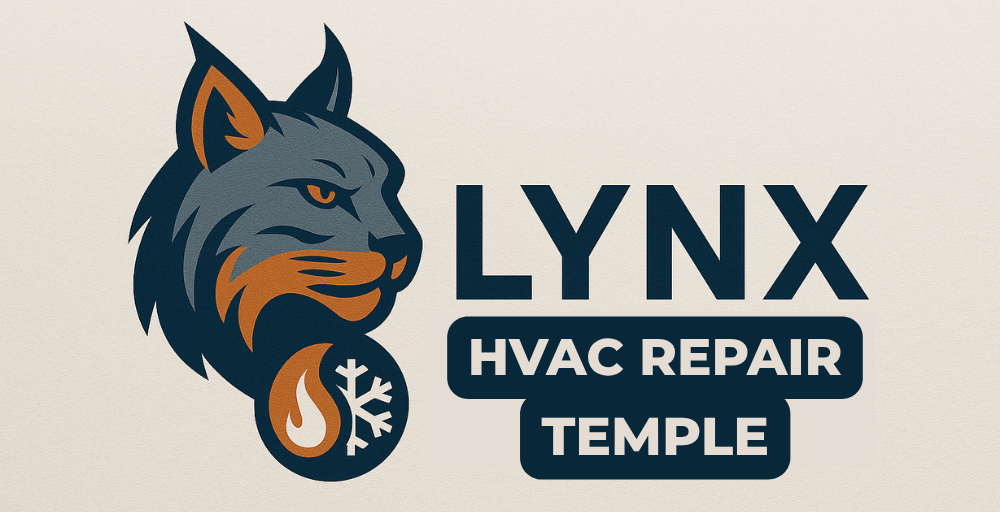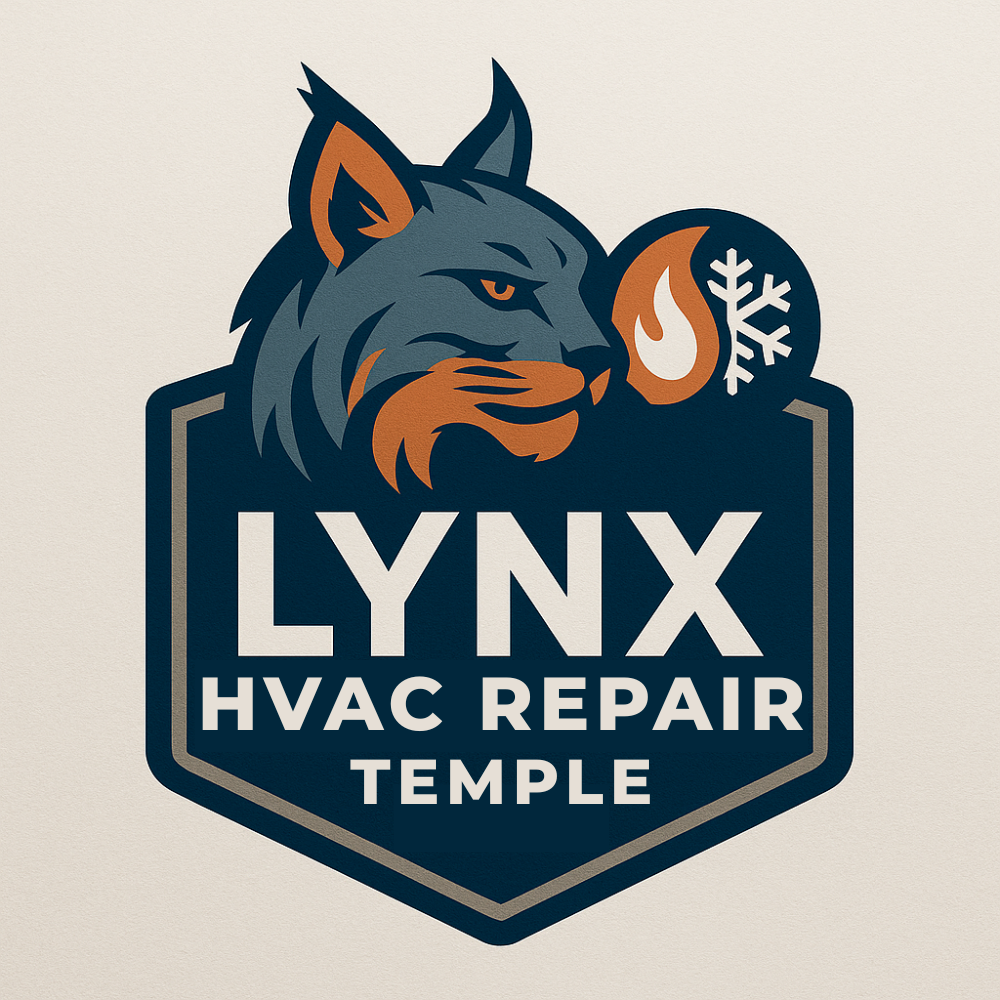HVAC vs Electrician: Understanding Career Paths and Earning Potential in Temple, TX
Choosing between careers in the skilled trades—such as HVAC Temple TX services or electrical work—represents a pivotal decision for many. Both careers offer stability, competitive wages, and opportunities for growth in Temple, TX, and across the nation. HVAC technicians focus on heating, cooling, and ventilation systems with annual salaries ranging from $47,000 to $75,000, while electricians handle electrical installations and maintenance with earnings between $50,000 and $80,000.
Working in the trades provides job security and the satisfaction of solving complex problems daily. HVAC specialists deal with temperature control systems, air quality, and refrigeration, making their expertise essential in Texas's hot climate. Electricians tackle everything from basic home wiring to advanced industrial electrical systems.
Each path requires specific training and certifications, leading to different day-to-day experiences. HVAC work often involves more customer interaction and seasonal demands, especially during peak cooling months in Temple. Electrical work maintains steady demand year-round and can involve more diverse project types.
Key Takeaways
- Both trades offer stable careers with competitive salaries starting at $47,000-$80,000 annually
- HVAC specialists excel in Texas due to high demand during intense cooling seasons
- Each career path requires distinct certifications and offers unique advancement opportunities
Comparing the Roles: HVAC Technician vs. Electrician
HVAC technicians and electricians work with distinct yet interconnected building systems that require specialized expertise, tools, and certifications. Both trades demand technical knowledge, problem-solving abilities, and hands-on skills to ensure buildings remain comfortable and functional.
Day-to-Day Responsibilities
HVAC technicians focus on installing, maintaining, and repairing heating, ventilation, and air conditioning systems. They perform regular maintenance checks, clean ducts, and calibrate thermostats.
HVAC professionals troubleshoot system malfunctions, check refrigerant levels, and ensure proper airflow throughout buildings. They also inspect and repair furnaces, heat pumps, and air handlers.
Electricians install and maintain electrical systems, including wiring, circuit breakers, and control panels. They read blueprints to plan installations and follow local electrical codes.
They diagnose electrical issues, replace faulty components, and upgrade outdated systems. Electricians also work on lighting systems and ensure proper grounding for safety.
Types of Systems Serviced
HVAC technicians work primarily with:
- Central air conditioning units
- Heat pumps and furnaces
- Ventilation systems
- Refrigeration equipment
- Air quality control systems
Electricians specialize in:
- Electrical distribution systems
- Circuit breaker panels
- Lighting installations
- Control systems
- Safety devices and switches
Key Technical Skills
HVAC technicians need expertise in:
- Refrigerant handling and recovery
- Temperature control systems
- Air balance testing
- Equipment calibration
- Basic electrical knowledge
Electricians require proficiency in:
- Circuit testing and diagnosis
- Wire sizing and installation
- Code compliance
- Power distribution
- Control system programming
Tools and Equipment Used
HVAC technicians rely on:
- Refrigerant gauges
- Leak detectors
- Multimeters
- Recovery machines
- Vacuum pumps
Electricians commonly use:
- Voltage testers
- Wire strippers
- Conduit benders
- Circuit finders
- Cable pulling tools
Each trade requires proper safety equipment, including protective gear and testing instruments to ensure safe working conditions.

Training, Certification, and Licensing Pathways
The path to becoming an HVAC technician or electrician requires structured training programs, professional certifications, and state-specific licenses. These requirements ensure competency and safety standards while opening doors to career advancement.
Apprenticeships and Trade Schools
Trade schools offer focused programs that typically take 6-12 months for HVAC and 9-18 months for electrical training. Students learn essential technical skills through hands-on lab work and classroom instruction.
Apprenticeships combine paid on-the-job training with classroom learning. Electrical apprenticeships usually last 4-5 years, while HVAC apprenticeships take 3-5 years to complete.
Key Components of Training:
- Electrical Theory
- Safety Protocols
- Building Codes
- System Diagnostics
- Tool Operation
Certifications and Licensing Requirements
HVAC technicians must obtain EPA Section 608 certification to handle refrigerants. Additional specialty certifications from organizations like NATE enhance job prospects.
Electricians need state-issued licenses to work independently. Requirements vary by state, but generally include:
- 4+ years of documented work experience
- Passing a state exam
- Knowledge of National Electrical Code
- Regular license renewal
Local municipalities may require additional permits or certifications for specific types of work.
Continuing Education in Skilled Trades
Both trades require ongoing education to maintain licenses and stay current with evolving technology. HVAC professionals need training on new refrigerants and smart home systems.
Electricians must complete continuing education hours focused on code updates and emerging electrical technologies.
Professional organizations offer specialized certifications for:
- Solar installations
- Energy efficiency
- Building automation
- Industrial controls
Annual safety training keeps technicians informed about the latest workplace protection standards and equipment operation protocols.
Career Outlook, Salary, and Job Growth
Both HVAC technicians and electricians command strong salaries and benefit from positive job growth projections through 2033, with numerous opportunities for career advancement in residential and commercial sectors.
Current Salary Trends
The median annual salary for HVAC technicians ranges from $48,000 to $62,000, varying by experience level and location. Experience technicians often earn above $75,000.
Electricians typically earn between $52,000 and $68,000 annually, with master electricians commanding salaries over $80,000 in many markets.
Factors affecting pay include:
- Certification levels
- Geographic location
- Union membership
- Overtime opportunities
- Specializations
Job Security and Outlook
The Bureau of Labor Statistics projects 9% growth for HVAC positions through 2033, creating approximately 42,500 new job openings annually.
Electrician careers show a steady 7% growth rate, generating around 79,900 job openings each year during the same period.
Rising demand stems from:
- New construction projects
- Green energy installations
- Smart home technology integration
- Aging infrastructure replacement
- Building automation systems
Advancement and Career Growth Opportunities
HVAC technicians can progress to:
- System designers
- Project managers
- Service managers
- Business owners
Electricians advance through:
- Master electrician certification
- Specialized systems work
- Supervisory roles
- Independent contracting
Additional certifications in emerging technologies like solar installations and smart building systems create higher-paying opportunities in both fields.
Training programs and apprenticeships provide clear pathways to advancement, with many employers offering tuition reimbursement and paid certification courses.
Work Environment and Unique Considerations
Both HVAC technicians and electricians face distinct workplace challenges while contributing to essential building systems. The nature of their work environments shapes career satisfaction and long-term success.
Physical Demands and Safety
HVAC technicians frequently work in cramped spaces like attics and crawl spaces, often in extreme temperatures. They must lift heavy equipment and maintain balance on ladders or rooftops.
Electricians typically work in less extreme temperature conditions but face unique risks from live electrical systems. They frequently need to stand for long periods and work in tight spaces behind walls or above ceilings.
Both trades require strict adherence to safety protocols. HVAC techs must handle refrigerants and gas lines safely, while electricians need specialized protective equipment when working with high-voltage systems.
Energy Efficiency and Technological Changes
Smart home technology has transformed both industries. HVAC professionals now work with advanced climate control systems that integrate with home automation platforms.
Modern electrical systems incorporate sophisticated energy monitoring and management tools. Electricians must stay current with evolving green energy solutions like solar integration and EV charging stations.
Both trades increasingly use digital diagnostic tools and mobile apps for system analysis. This technological shift requires ongoing training and adaptation to new equipment.
Choosing the Right Path: Factors to Consider
Career advancement opportunities differ between the trades. Electricians often progress from apprentice to master electrician, while HVAC techs can specialize in commercial or residential systems.
Local market demand varies significantly. Temple, TX experiences high demand for both trades due to new construction and extreme weather conditions.
Consider these key factors:
- Training duration and costs
- Physical work environment preferences
- Interest in mechanical vs electrical systems
- Local licensing requirements
- Seasonal work patterns
The salary potential remains strong in both fields, with experienced professionals earning competitive wages in the Temple area.
You might also like




